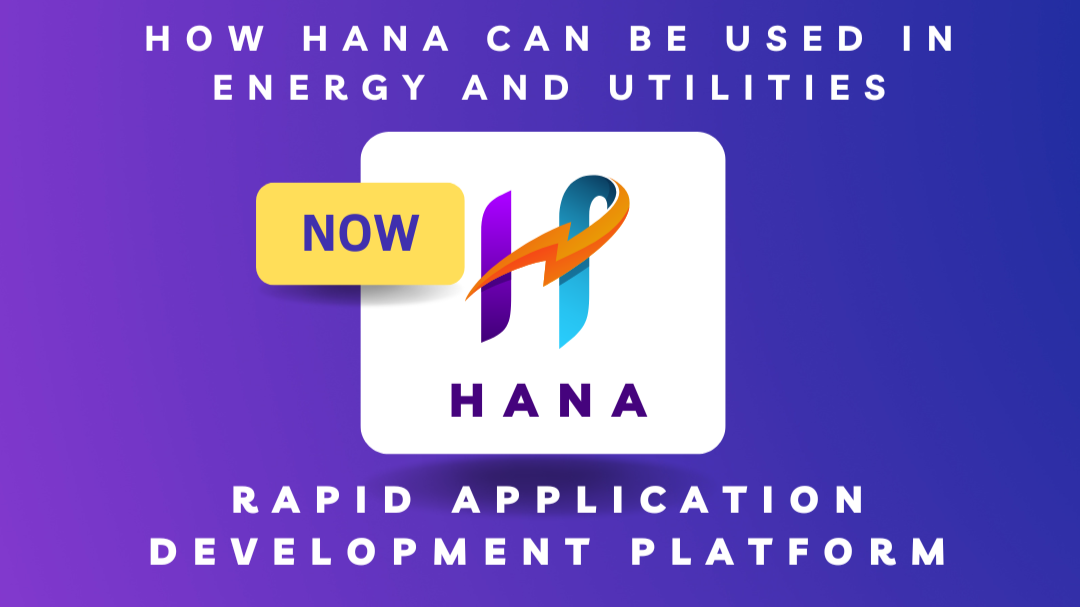- by admin
- April 23, 2025
How HANA Can Be Used in Energy and Utilities

HANA can significantly improve operations in the energy and utilities sector by providing real-time insights and optimizing resource management. Here’s how it can be applied:
1. Smart Grid Analytics
– Implementation: Use HANA to monitor energy consumption patterns and optimize grid performance in real time.
– Benefits: Enhances energy distribution efficiency and reduces outages.
2. Asset Management
– Implementation: Analyze data from infrastructure assets to predict maintenance needs and manage asset lifecycles.
– Benefits: Reduces maintenance costs and extends the lifespan of critical infrastructure.
3. Regulatory Compliance
– Implementation: Automate compliance tracking and reporting for industry regulations using HANA’s analytics capabilities.
– Benefits: Ensures adherence to regulations while minimizing administrative burdens.
4. Demand Forecasting
– Implementation: Leverage historical consumption data and market trends to predict future energy demand.
– Benefits: Improves resource allocation and helps prevent energy shortages.
5. Operational Efficiency
– Implementation: Monitor operational metrics in real time to identify inefficiencies and optimize processes.
– Benefits: Streamlines operations, leading to cost savings and enhanced service delivery.
6. Customer Engagement
– Implementation: Analyze customer usage data and feedback to improve service offerings and engagement strategies.
– Benefits: Enhances customer satisfaction and loyalty through personalized services.
7. Renewable Energy Integration
– Implementation: Use HANA to analyze data from renewable energy sources and optimize their integration into the energy mix.
– Benefits: Supports sustainability goals and improves grid resilience.
By integrating HANA into energy and utilities operations, organizations can enhance efficiency, improve customer service, and drive innovation in a rapidly evolving sector.
